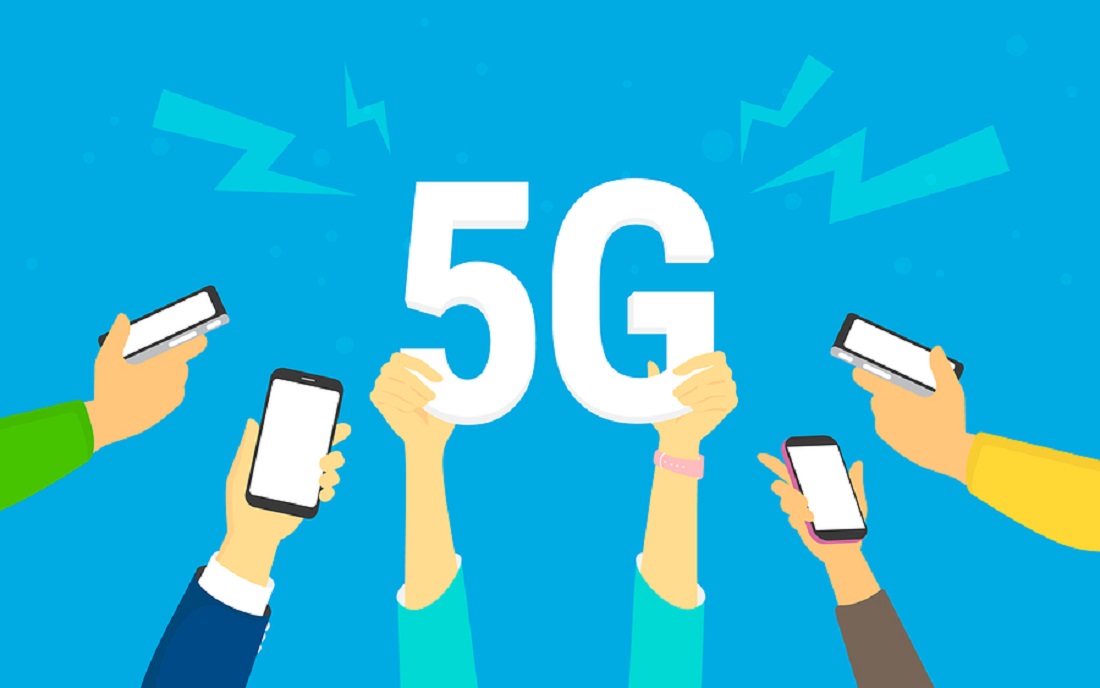RIO DE JANEIRO, BRAZIL – The 5G auction was due to be held in March 2020, but possible interference with the satellite TV service could delay the event. Ericsson, a supplier of mobile network equipment, says that in case the bidding is postponed to 2021, the Brazilian government will fail to collect R$25 billion (US$6.25 billion) in taxes.
The number was released in a study showing revenue projections and investments of 5G technology Brazilian operators.

The document points out that the deferral of the auction would delay the implementation of 5G in Brazil and would lead to a decrease in the operators’ revenues due to the high spectrum cost.
To Telesíntese, Ericsson’s director of government relations, Tiago Machado, says that the argument that 5G and satellite dishes do not work together is a “fallacy” and that the migration of satellite dishes to the Ku band would be “irresponsible”.
The cost of the migration process is estimated to be between R$3 and R$10 billion, and the executive points out that operators have already paid R$2.7 billion during the digitalization of open TV for the advent of 4G in the 700 MHz band.
Even so, Machado hopes that the 5G auction will take place in the first half of 2020, aiming for a “turning point” for the telecommunications market and for the Brazilian economy.
Operators are in no rush
Abroad, companies are starting their 5G operations. The experience with millimeter-wave networks has not been good: although the speed is very high, the coverage is failing to the point that the network drops to 4G when crossing the street, even when facing the antenna.
As a result, Brazilian operators are cautiously watching the new technology.
In the past, Claro stated that it wanted to be the first operator to offer 5G, but only in specific locations where the technology is justified, both from the standpoint of use as well as investment return.
Vivo fears that 5G may not be profitable enough to be implemented in Brazil since it is a complex network and requires a much larger number of antennas.
TIM is the only operator that showed signs of wanting the auction to occur as soon as possible but expects the bidding to happen in 2020 so they can start operating in 2021.
Oi, which is facing a financial crisis, has been suffering from speculation regarding the potential sale of its mobile branch.
In the announcement of its three-year strategic plan for 2019-2021, the operator has not shown much focus on cellular service and states that it wants to be the “provider” of 5G infrastructure in Brazil through its extensive network of fiber optics.
Source: Tecnoblog

